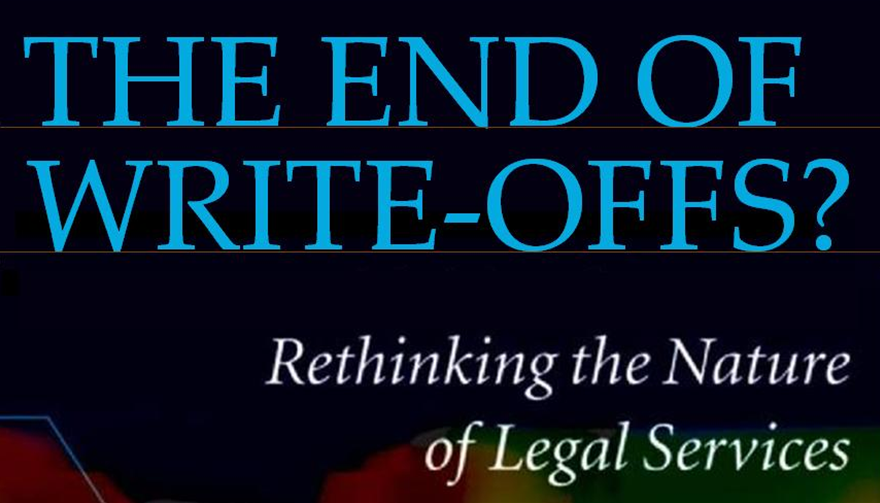It’s been over six months since I first warned of the coming Corporate Technology Apocalypse on this blog. In the last few weeks, I think corporate IT has gotten a couple of new nails in its coffin.
The first came in the form of a splashy infographic from Unisys called The Great IT Freezeout, which got some coverage from GigaOm last Monday and was brought to my attention by geek number 4 (and my boss), Scott Preston. In my original post on The End of Corporate IT, I touted the consumerization of IT as one of my three pillars of the coming apocalypse. The first point on The Great IT Freezeout is that the “Consumerization of IT is ACCELERATING”. (Their CAPS, not mine.) They show that 53% of workers who use PCs, smartphones and/or tablets for work, claim that mobile devices are their primary work tools, up from 44% in 2010 and that the percentage of the same workers who think that PCs are their most critical devices for work has fallen to 35% from 51% in 2010. That’s a huge change in just a year. I’m not going to list all of their numbers. Go check out the infographic for yourself, but I do want to point out a couple of other areas of interest.
- IT’s awareness of personal devices used for work is about 50% of the levels that workers self report actually using personal devices.
- IT rates their own ability to support these consumer devices as low
- “70% of IT rate their organizations a late/last adopters of new tech”
As the Unisys graphic puts it, “IT risks IRRELEVANCE”.
The second nail was a little less obvious and came in the form of two announcements. One from Microsoft announcing availability of their License Mobility through Software Assurance plan and one from Amazon announcing that they were supporting the Microsoft License Mobility plan on their AWS EC2 hosting platform. This will let companies who have server application licenses like Exchange, Sharepoint and SQL, migrate their existing licenses to a cloud host, rather than forcing them to purchase additional licenses. I know, it doesn’t sound like a big deal, but it removes one more barrier to moving IT infrastructure to the cloud. Corporations spend millions in supporting and maintaining a physical IT infrastructure in-house every year. The costs for servers, cooling, power management, and support staff are huge. A large chunk of that expense can now be easily transferred to a service provider. Maintaining hardware will go from being a semi-cyclical refresh expense, with periodic, unexpected, emergency expenses to being a fixed monthly cost that can be budgeted into the foreseeable future, with 99.9999% uptime and extreme flexibility. Management can increase or decrease capacity near instantaneously with a phone call. How can we justify maintaining a server farm in-house when such things are possible? The short term answer is security. But security concerns will not ultimately save IT. Security concerns have a tendency to be mitigated, especially when they stand in the way of profits.
Now, Corporate IT does a lot of things, I’m not saying that they will be replaced overnight, but two of the big things they do are maintain and support the technology infrastructure and maintain and support end-user technology. IT is currently being squeezed on both sides. Short of a brand new justification for their existence, I think you will eventually begin to see large corporate IT departments replaced with a handful of IT Integrators acting as liaisons between management and technology service providers. The fact is, most companies aren’t in the business of technology services and they’re about to realize it.

